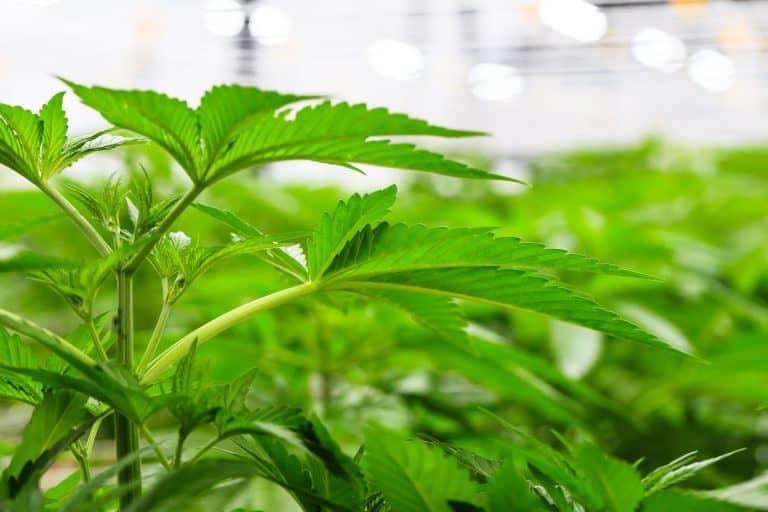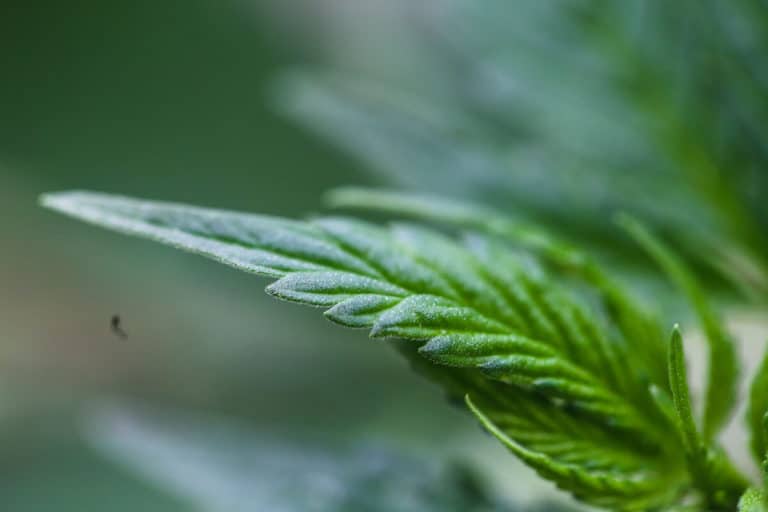The US Cannabis Bill. Don’t Get Too Excited About Pot’s Senate Prospects.
The House of Representatives passed a bill on Friday that would decriminalize marijuana, fueling hopes that the U.S. was one step closer to opening its doors to the cannabis industry at the federal level.
The news invigorated cannabis stocks last week, but experts cautioned that marijuana bulls should tamp down their expectations that the measure, called the Marijuana Opportunity Reinvestment and Expungement Act, or MORE Act, will be signed into law anytime soon.
“It’s great that the House passed the MORE Act,” said Adam Horowitz, a cannabis attorney at Cole Schotz. “I personally don’t expect for the Senate to pass it based on their current makeup.”
This is the second time the MORE Act has passed the House. The lower chamber of Congress originally passed the measure in December 2020, but it wasn’t taken up for a vote in the Senate.
The bill would remove marijuana from the list of scheduled substances and establish a process to expunge prior cannabis convictions. It also will impose a federal tax on marijuana products — a 5% excise tax for the first two years, increasing by 1% incrementally each year in the next three years.
More importantly, it would eliminate the existing conflict between federal and state laws, allowing states to set their own regulations without forcing them to do so.
Federal legalization could have far-reaching ramifications for the cannabis industry. It could unlock access to traditional banking and basic financing options, such as raising capital on U.S. exchanges and applying for loans. Currently, cannabis companies and dispensaries are forced to either pay high fees to cannabis-friendly banks or deal solely in cash, as credit card companies and other financial services won’t process their payments, Horowitz said.
In order for the bill to pass, it would require 60 votes in the evenly divided Senate to break the filibuster. Experts believe the measure may be too progressive to garner sufficient votes from Senate Republicans, and even some moderate Democrats. In the past, Democratic Sens. Joe Manchin of West Virginia and Jeanne Shaheen of New Hampshire have expressed skepticism over endorsing federal legalization of cannabis.
The Senate has yet to schedule a committee hearing for the bill, and it is unclear when the body would bring the measure up for a vote.
“There’s still a stigma around cannabis,” Horowitz said. “A lot of politicians directly accuse it of being a gateway drug, and it’s a big campaign issue for them.”
Republican Sen. Lindsey Graham of South Carolina said on Friday he wasn’t open to decriminalizing marijuana at the federal level.
“In terms of legalizing marijuana, no, because it brings a lot of problems with it,” he said, but added that he was open to legalizing medical marijuana.
“Medical marijuana, I’ve heard from many people in our state, seems to have some value,” Graham said.
Graham’s stance suggests that all isn’t lost for cannabis advocates and those who are bullish on cannabis stocks. Analysts believe that there is a higher chance that some other form of cannabis legislation could pass in the near future.
One of the front-runners is the Secure and Fair Enforcement Banking Act, or SAFE Act, which would prohibit federal banking regulators from penalizing banks that work with cannabis businesses legalized by states. The House passed the measure in February.
“We continue to see this as a ‘one in the hand, beats two in the bush’ scenario, as cannabis partial reform through the SAFE Act appears to have more bipartisan support, but the Senate leader and the House continue to push broader legalization,” wrote Alliance Global Partners analyst Aaron Grey on Friday.
Senate Majority Leader Chuck Schumer is also planning on introducing his own federal cannabis bill, the Cannabis Administration and Opportunity Act (CAOA), later this year. It’s likely he’ll opt to put his legislative weight behind that measure, rather than the MORE Act, analysts said.
Grey’s concern is that the sheer number of bills winding their way through Congress could continue to split support of those in favor of some sort of cannabis reform between those who want a more piecemeal approach, such as the SAFE Act, and those in favor of broader reform, such as MORE or Schumer’s CAOA.
Regardless, there is still some legislative enthusiasm to pass some sort of cannabis legislation sooner rather than later, especially as more states legalize marijuana. Thirty-six states and the District of Columbia have legalized medical marijuana over the past few years, and 19 states plus D.C. have decriminalized recreational marijuana use for adults.
“I think the more states where it does become legalized in some manner, or at least decriminalized, the more likely the Senate will eventually have to take action,” Horowitz said.
Written by: Barrons.com








